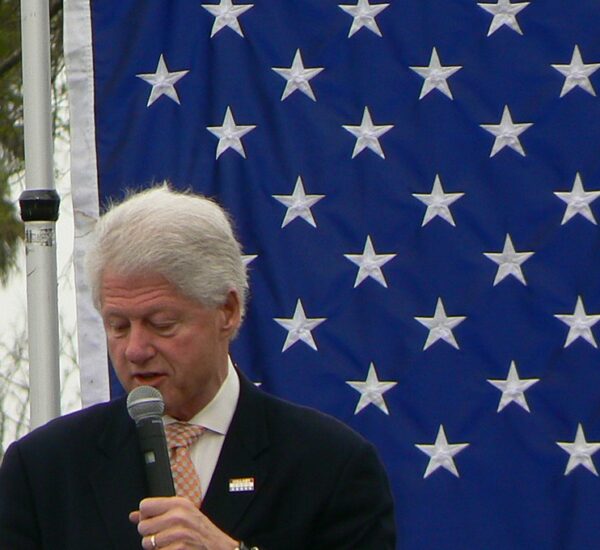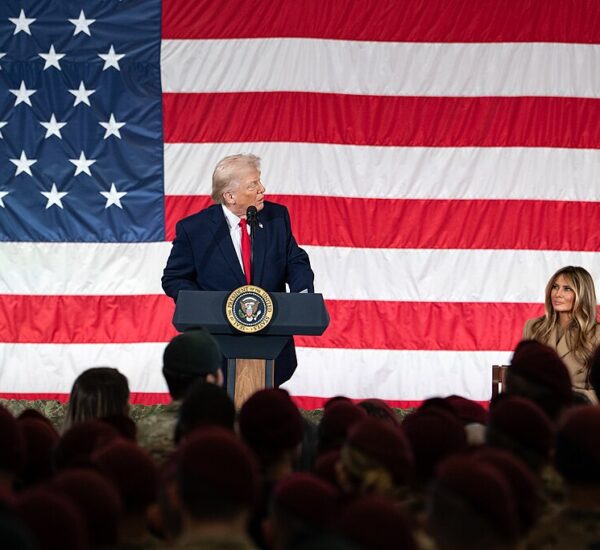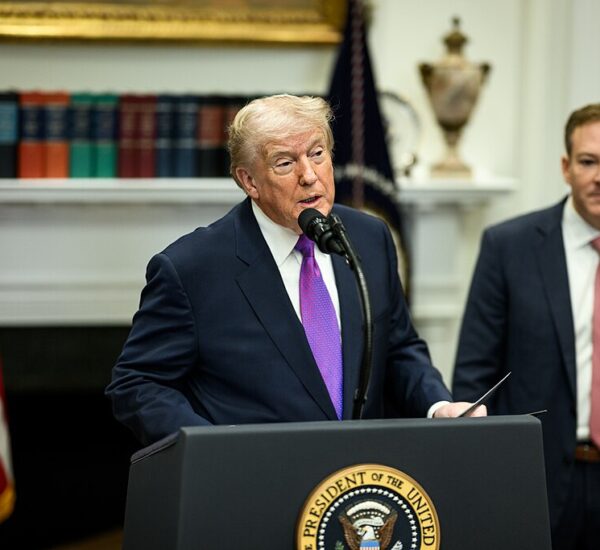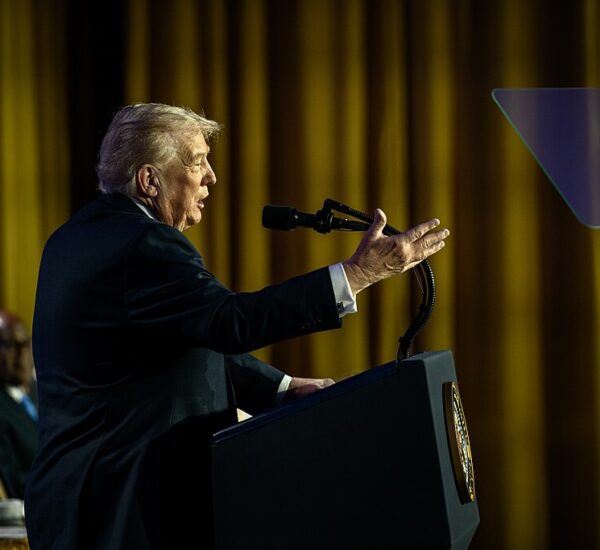Republican Flips On Trump
Rep. Brian Mast (R-Fla.), chairman of the powerful House Foreign Affairs Committee, is signaling strong support for President Donald Trump’s push to repeal long-standing sanctions on Syria — but he also wants iron-clad safeguards to protect American interests and national security.
Congress is rushing to finalize the National Defense Authorization Act (NDAA) before Friday, with lawmakers preparing for a major vote in early December that could reshape U.S. policy in the Middle East. Trump has pushed aggressively for a full repeal of the sanctions, while Mast is advocating for a version that includes clear conditions in case Syria’s new government strays from its commitments.
Mast emphasized he is not breaking with the Trump administration. In fact, he says he’s in daily discussions with White House officials to ensure the final legislation strengthens America’s position.
“I support a full repeal,” Mast said. “But we must have mechanisms in place to reinstate penalties if key conditions are violated.”
A High-Stakes Shift in U.S. Foreign Policy
The sanctions — known as the Caesar Syria Civilian Protection Act — remain some of the toughest ever imposed against any regime. They were designed to punish Bashar Assad for mass killings, torture, and widespread human rights abuses.
Now, with Assad ousted and Syria under transitional leadership, the Trump administration believes lifting the sanctions will help stabilize the region and open the door to reconstruction, investment, and cooperation with key U.S. allies.
Supporters of repeal argue that maintaining the sanctions discourages American companies and allied nations from participating in Syria’s rebuilding efforts — even when the U.S. wants to encourage regional stability.
Critics warn that Syria’s new leadership must still prove it can be trusted on counterterrorism, religious freedom, and peace with Israel.
Trump: “We’ll Help Syria Succeed”
President Trump has expressed total confidence in Syria’s new transitional president, Ahmed al-Sharaa, who overthrew Assad last year. Trump held a largely private meeting with al-Sharaa at the White House earlier this month — a visit described as historic and highly sensitive.
“He’s a very strong leader,” Trump said. “Comes from a difficult place. Tough guy. I like him.”
Trump said he is fully committed to giving Syria a chance to recover and rebuild after years of bloodshed.
“I get along well with the new president in Syria, and we’ll do everything we can to help Syria succeed,” he added.
Major Regional Allies Back Trump’s Move
The push to lift sanctions is not coming from Washington alone. Trump revealed that major regional powers — including Saudi Crown Prince Mohammed bin Salman and Turkey’s President Recep Tayyip Erdoğan — urged him to remove the sanctions to give Syria a real chance at stability.
Erdoğan reportedly told President Trump that without lifting the sanctions, Syria has little hope of recovery — but removing them would give the country a real opportunity to move forward.
Trump has already acted on their advice, but Congress must formally repeal the law for the U.S. to signal full commitment.
Why Some Lawmakers Want Conditions Attached
Opponents of a full and unconditional repeal argue that al-Sharaa — once designated a terrorist by Western intelligence — must prove that he is serious about:
- Protecting minorities
- Combating terrorism
- Working toward long-term peace with Israel
- Respecting U.S. security interests
Some lawmakers say that if the sanctions are removed without clear expectations, the U.S. could lose critical leverage just as Syria enters a fragile rebuilding phase.
Advocates for repeal counter that if restrictions stay in place, investors will avoid Syria out of fear that sanctions could snap back without warning — stalling reconstruction and weakening U.S. influence in the region.
What Comes Next
Negotiations between House Republicans, Senate leaders, and White House officials are ongoing. Mast says he expects clearer language before the NDAA is finalized, ensuring both Trump’s goals and America’s national security priorities are met.
The final vote on the sanctions repeal is expected in the first week of December — setting the stage for one of the most consequential foreign-policy decisions of the year.






